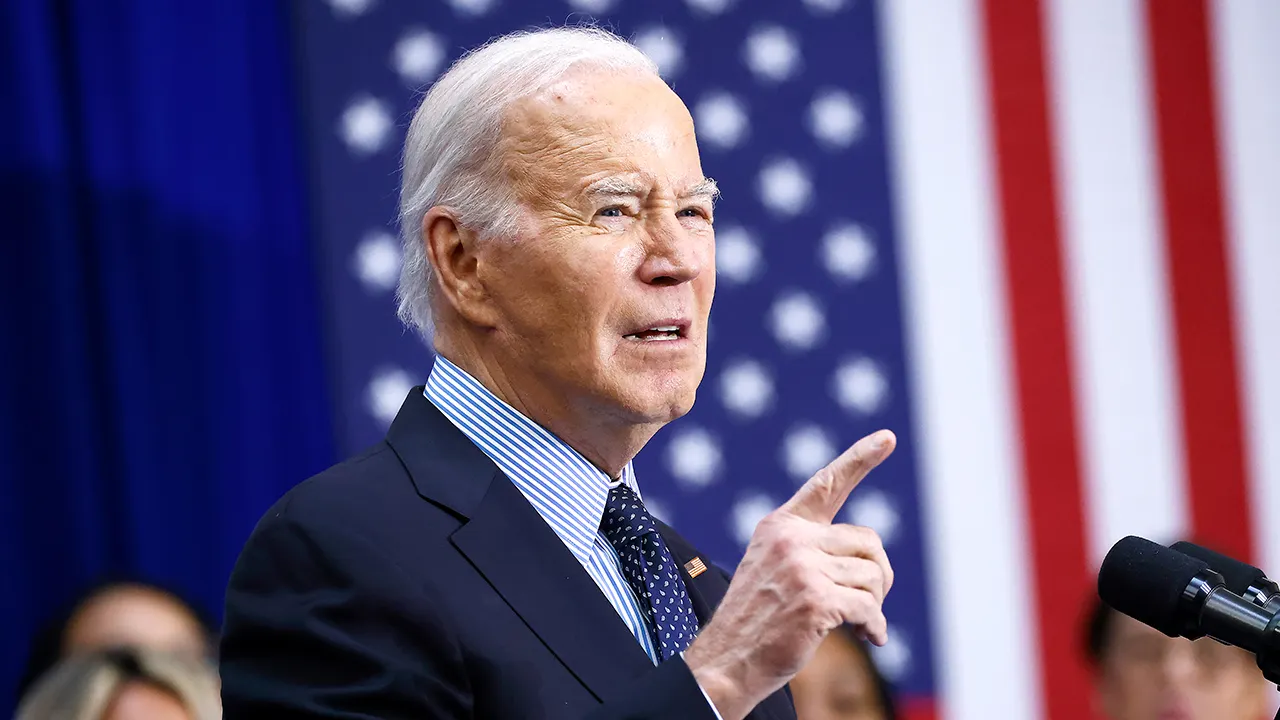MAHA Report Exposes Alarming Link Between Food, Chemicals & Children's Health – Kennedy's Bold Initiative
The White House recently released a highly anticipated report, part of Robert F. Kennedy Jr.'s 'Make America Healthy Again' (MAHA) initiative, sparking significant debate and concern. The report, officially titled the 'MAHA Report,' delves into the alarming impact of modern food production and chemical exposure on the health of American children. It’s a direct response to growing anxieties surrounding rising rates of childhood illnesses and developmental issues.
For years, advocates of the MAHA movement have voiced concerns about the detrimental effects of processed foods, pesticides, and industrial chemicals on public health. This report, they believe, provides a comprehensive overview of these concerns, solidifying the foundation for Kennedy’s ambitious health reform agenda. While some anticipated a detailed review of Kennedy's first 100 days in office, the primary focus remains on identifying the root causes of declining health trends.
Key Findings & Concerns:
- Processed Foods: The report highlights the role of ultra-processed foods, laden with artificial additives, sugars, and unhealthy fats, in contributing to childhood obesity, diabetes, and behavioral problems. It points to a correlation between increased consumption of these foods and a rise in attention deficit hyperactivity disorder (ADHD) and other neurodevelopmental disorders.
- Chemical Exposure: A significant portion of the report details the potential harm caused by exposure to various chemicals, including pesticides, herbicides, and PFAS (per- and polyfluoroalkyl substances), often found in everyday products. The report suggests links between these chemicals and immune system dysfunction, hormonal imbalances, and increased risk of certain cancers.
- Environmental Factors: The MAHA report also acknowledges the influence of environmental factors, such as air and water pollution, on children’s health. It calls for stricter regulations to protect vulnerable populations from these hazards.
Kennedy's Vision & Next Steps:
The release of the MAHA report marks a pivotal moment in Kennedy's administration. Supporters see it as a validation of their long-held beliefs and a crucial step toward enacting meaningful change. Kennedy has vowed to use the report's findings to advocate for policies that promote healthier food options, reduce chemical exposure, and strengthen environmental protections for children. Expected initiatives include:
- Stricter Food Labeling Regulations: Requiring clearer and more comprehensive labeling of food products, including information on added sugars, artificial ingredients, and potential allergens.
- Increased Oversight of Chemical Manufacturers: Demanding greater accountability from chemical companies and enforcing stricter regulations on the production and use of harmful chemicals.
- Investment in Research: Funding more research to investigate the long-term health effects of food and chemical exposure on children.
Criticisms & Controversy:
While the MAHA report has been lauded by supporters, it has also faced criticism from some quarters. Skeptics argue that the report’s conclusions are based on limited evidence and that it oversimplifies complex health issues. Others have questioned Kennedy’s approach, accusing him of promoting unproven remedies and undermining established scientific consensus. Despite the controversy, the report has undeniably injected a renewed urgency into the national conversation about children’s health and the importance of creating a healthier environment for future generations.
The full report is available on the White House website, and its implications are expected to be debated for months to come. However, one thing is clear: the MAHA report has brought a critical issue to the forefront, demanding immediate attention and action.






